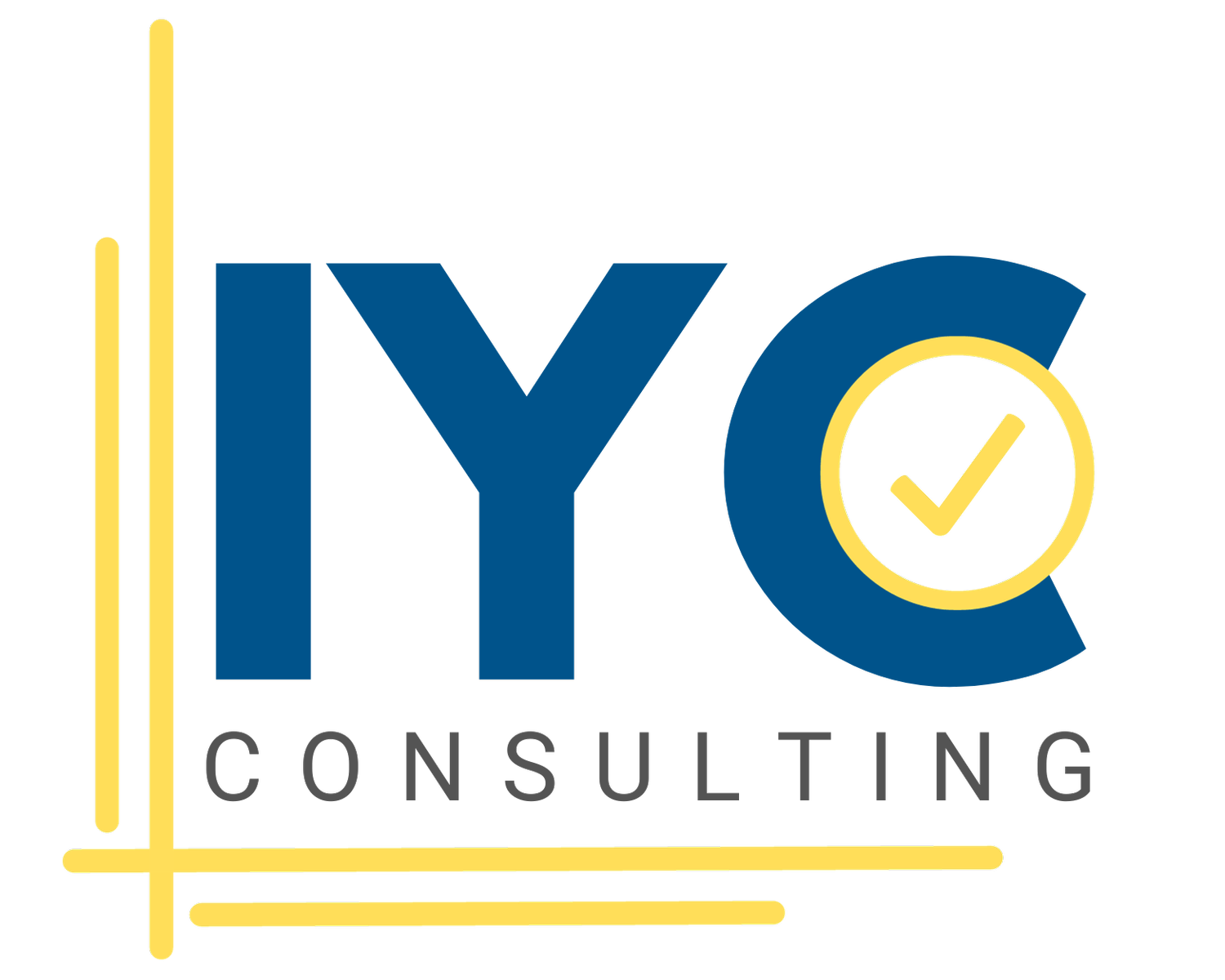Guardians of Integrity: Empowering Home Health Care Employees Against Fraud through Education Programs
In the realm of home health care, employees are not just caregivers but also guardians of ethical practices. Educating and empowering them against health care fraud is akin to fortifying a castle against invaders. It's about creating an environment where integrity is as vital as the care provided.
Understanding the Battlefield: The Prevalence of Health Care Fraud
Just as a gardener must understand the pests that threaten their garden, home health care professionals need to be aware of the various forms of health care fraud. These can range from billing for services not rendered to falsifying patient records or kickback schemes.
Recognizing the Signs: Educating employees on recognizing the signs of fraud is crucial. It involves understanding the nuances of fraudulent activities that could otherwise go unnoticed, ensuring they are as prepared as sentinels on watch.
Case Studies and Real-World Examples: Learning from real-life scenarios is invaluable. Case studies of past health care fraud incidents offer practical insights into effective prevention tactics, similar to reviewing case studies in an academic setting to better understand theoretical concepts.
Crafting the Armor: Developing Robust Education Programs
The creation of education programs against health care fraud requires precision and customization. Each program needs to be strong, reliable, and tailored to fit the unique needs of the organization and its employees.
Regular Training Sessions: Holding regular training ensures that employees remain vigilant and their knowledge is up-to-date. This continuous education can be likened to routine drills that keep soldiers ready for potential threats.
Interactive and Engaging Methods: Utilizing interactive training methods, such as workshops, role-playing scenarios, and quizzes, enhances engagement and retention. This hands-on approach deepens understanding and skills, similar to how practical exercises in a workshop refine a craftsman’s techniques.
Encouraging a Culture of Transparency: Fostering an environment where questions and concerns can be openly discussed promotes a healthy ecosystem within the organization, where every member plays a role in maintaining integrity and balance.
The Shield of Reporting: Encouraging Proactive Measures
In combating fraud, proactive reporting serves as a protective shield for the organization. This involves establishing measures that encourage and facilitate the reporting of fraudulent activities.
Establishing Clear Reporting Channels: Creating clear and accessible reporting channels is crucial. It provides a safe and straightforward way for employees to report potential dangers, akin to well-marked emergency exits in a building that guide people safely during evacuations.
Protecting Whistleblowers: Safeguarding those who report fraud is essential. Ensuring their protection and taking their concerns seriously is akin to providing a secure base for allies in a conflict, where their safety and integrity are upheld.
Conclusion
Empowering home health care employees through education programs to combat health care fraud is not just about compliance; it's about cultivating a culture of integrity and vigilance. An organization fortified against fraud functions more smoothly, like a well-oiled machine, engendering trust among patients, providers, and the community. This comprehensive approach ensures that the healthcare environment remains secure and ethical, protecting both the providers and the recipients of care.

